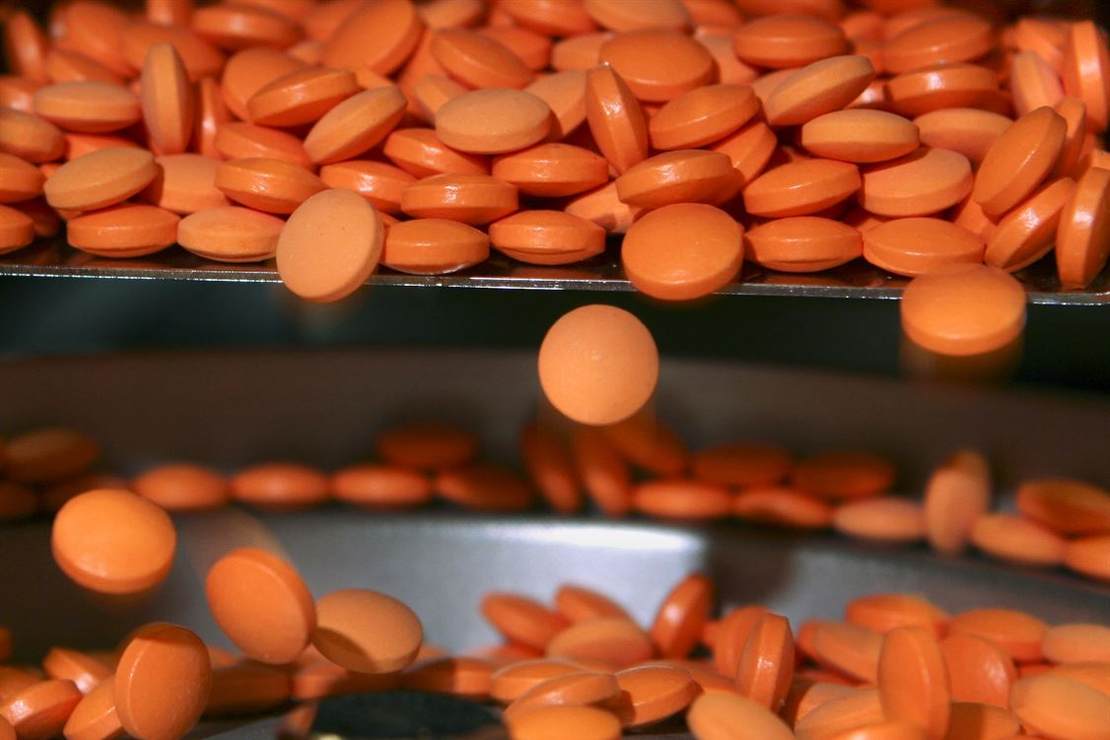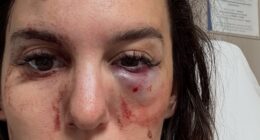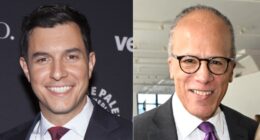
While the annual rate of inflation has thankfully come down from over 9 percent in June, December’s rate still came in at a whopping 6.5 percent—meaning Americans are still having to pinch pennies to make ends meet as inflation produces a de facto pay cut for most of us.
More than half of Americans are living paycheck to paycheck (63 percent, to be precise).
Credit card interest rates are soaring to an average of over 20 percent (which by the way makes progressives’ efforts to cap APRs at 36 percent on short-term, small-dollar loans to people with poor credit scores seem more laughable).
And guess what? To ring in the New Year, as has become standard, pharmaceutical companies raised their prices, too.
From the drug industry publication Fierce Pharma:
Drugmakers such as Pfizer, GSK, Bristol Myers Squibb, AstraZeneca and Sanofi are introducing higher prices for more than 350 branded drugs in early January, Reuters first reported, citing data and analysis from research outfit 3 Axis Advisors and the related drug pricing non-profit 46brooklyn.
[…]
So far, the median percentage increase on the wholesale acquisition cost (WAC) of brand name drugs whose prices have risen in 2023 clocks in at 5%, according to 46brooklyn. That’s about on par with the 4.9% median WAC increase the industry saw in 2022, according to the non-profit’s research.
READ RELATED: Disney Animation Makes History Again, This Time With an Openly-Gay Teen Crush
Drugmakers hiked the prices on more than 1,400 drugs last year, marking the greatest number of price increases since 2015, 46brooklyn notes.
To be fair, 5 percent is below the current rate of inflation. But, a few things to note.
First, it’s the median price hike, not the average price hike. If you look at 46brookyln’s data, you’ll see the average price hike is exactly the same as inflation—so best case scenario, your drugs are getting more expensive in line with everything else. Second, it’s not the rate that applies to the most-purchased drug in America—that would be Humira, whose price actually went up by 8 percent, so above rates of inflation after going up 7.4 percent last January. Fun fact: The second-most purchased drug in America, Keytruda, is getting 8 percent more expensive this year, too.
Third, this comes on the heels of 2022, which followed the year that, per the analysis, saw the “greatest number of price increases since 2015.” So we’ve been getting whacked pretty hard for a while now, with no real solution in sight.
Americans are continuing to pay a lot for our drugs, and it’s happening when we don’t have much money to spare. The only real checks against this seem to be Mark Cuban (and his Cost Plus Drugs), GoodRX, and the 340B drug discount program, which at least gets some drugs into the hands of patients cheaper and allows hospitals in rural areas a lifeline for staying open—but which pharmaceutical companies including the big price hikers are trying to dismantle.
If anyone thinks this looks like Democrats delivering on their promises on drug pricing, I have a bridge to sell them.
Trending on RedState Video
Source:



